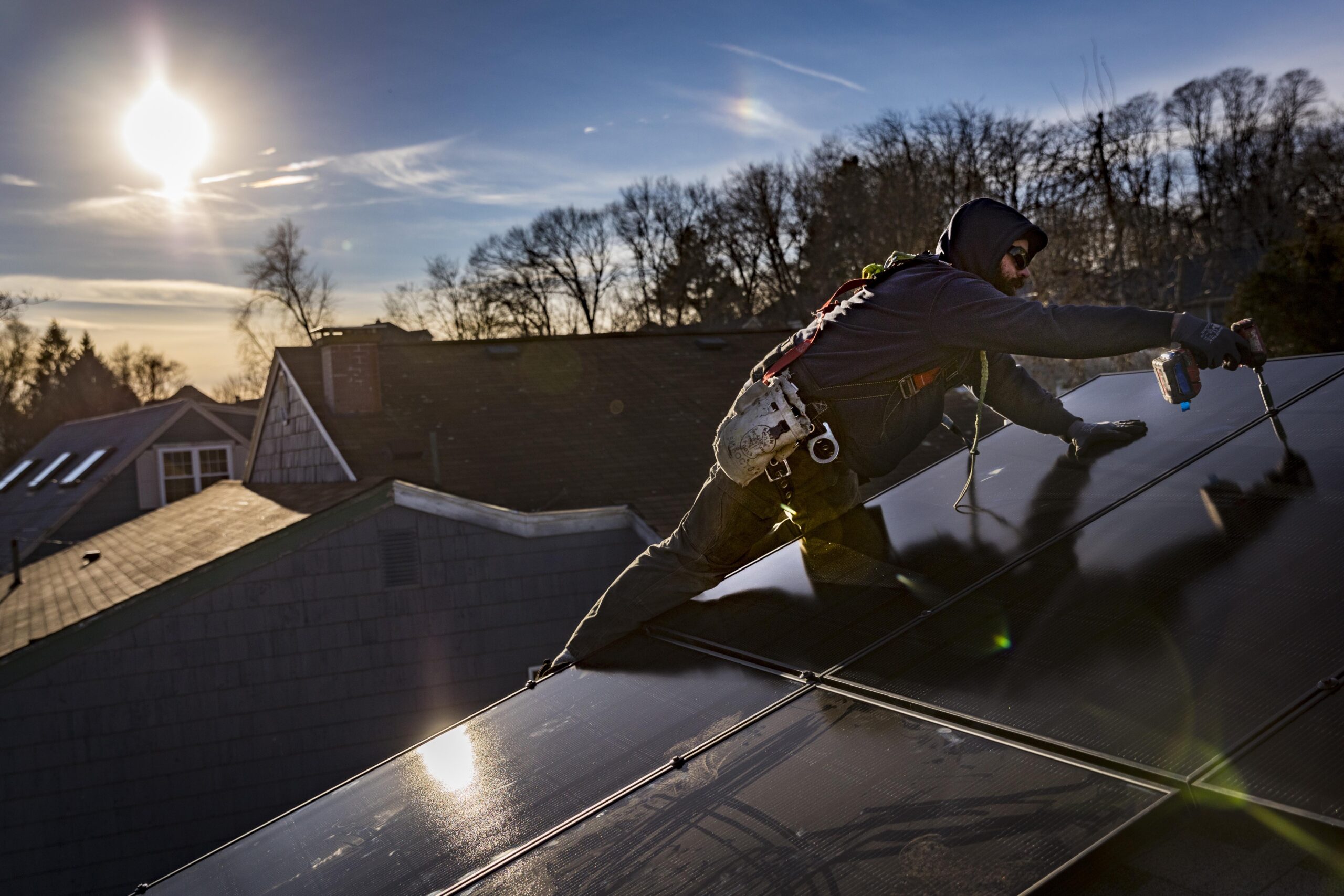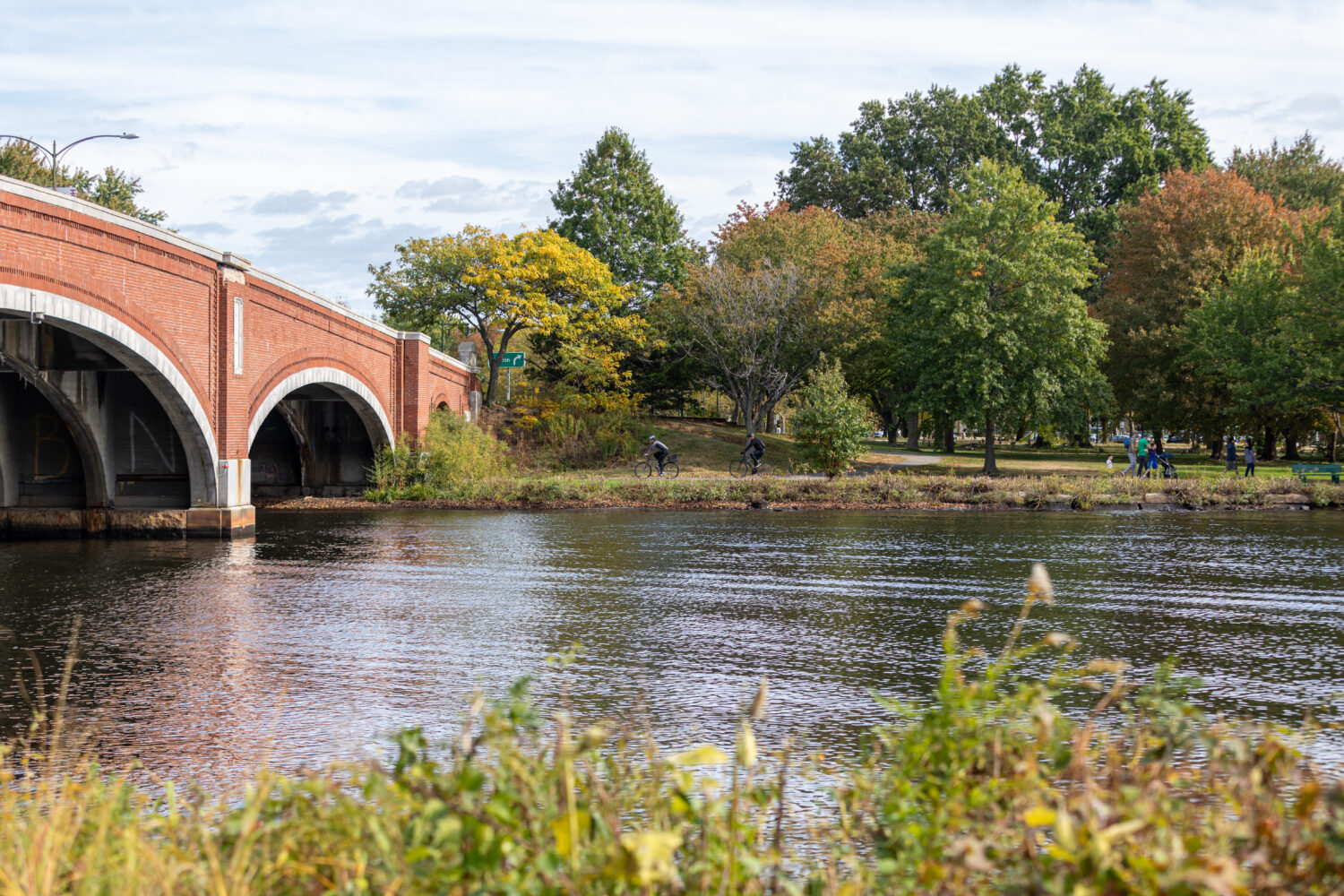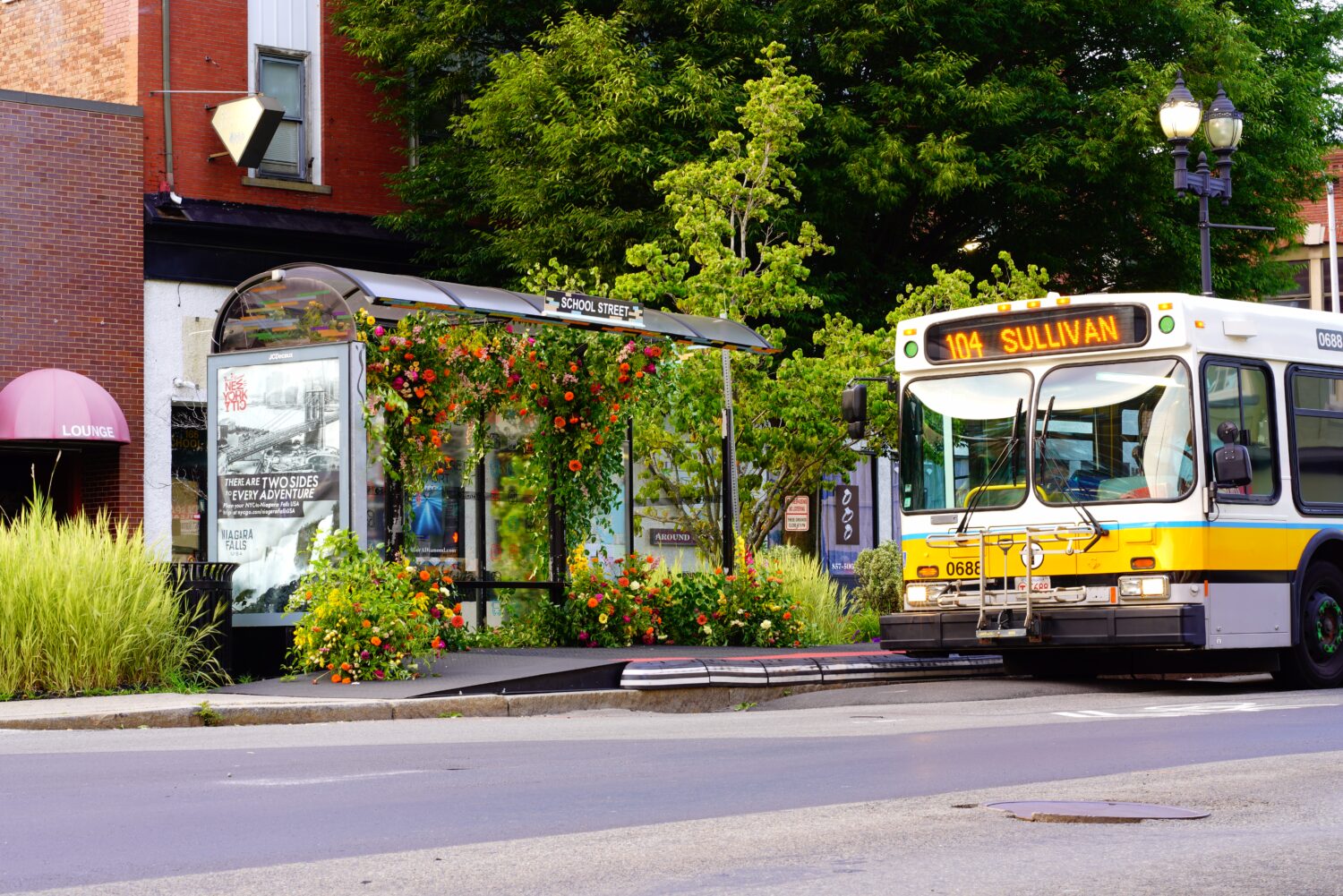The American Council for an Energy-Efficient Economy (ACEEE) recently released its newest ranking of 75 large US cities for their work on energy efficiency, clean energy, and reducing emissions. In this fourth edition of the City Clean Energy Scorecard, Boston retained its #1 ranking, followed closely by San Francisco, Seattle, Minneapolis, and Washington. Given impressive strides and strong momentum, Cincinnati, Hartford, and Providence gained special notice as “cities to watch.”
It is encouraging to see so many cities engaged in this critical work, and even competing to outdo one another. As ACEEE stressed, however, all cities “have considerable room for improvement, even those ranked in the top tier.” This is no time to be complacent. The harmful effects of climate change are accelerating and growing more severe every year. As United Nations secretary general António Guterres pointed out in his March 2019 Op-Ed in the Guardian, “climate delay is almost as dangerous as climate denial.” If we fail to move quickly and boldly enough, we will be too late to make a difference. We also risk missing out on a massive opportunity to create good-paying jobs and spur just and inclusive economic development. Although the United States is among leading nations in renewable energy growth, other countries started sooner, are investing more, and are moving faster than we are. We can still catch up, compete, and even lead. Yet, without greater ambition and more visionary policies, we risk being merely bit players in the world’s next major energy economy.
We are in a climate emergency. This latest ACEEE scorecard was released against the backdrop of dire news on climate change. Scientists have confirmed July 2019 as the warmest month the world has experienced since record-keeping began more than a century ago. According to the UN, climate disasters capable of causing death, displacement, and suffering now occur at the rate of one a week globally. Some make the headlines such as the record smashing heat waves in Europe. Many don’t. Early in August, Greenland experienced melting of its ice sheets at a rate unseen in over four hundred years, increasing risks to coastal communities from sea level rise.
The benefits of a clean energy transition are massive. But competition is fierce, fast, and ahead of us. The U.S. clean energy economy is growing fast. The 2019 Clean Jobs America analysis by the national business group E2 found that clean energy jobs totaled more than 3.26 million at the end of 2018. Already outnumbering fossil fuels jobs by nearly three to one, clean energy jobs are projected to keep growing this year and into the future. With bold leadership and visionary policies, we can accelerate this growth path, create even more jobs, and spur economic growth. We also avoid the ballooning costs of negative health impacts and climate risks caused by fossil fuel emissions. If we don’t take advantage of this opportunity, there is a huge threat that the US will slip further behind other countries – Germany, China, India, Brazil, among many others who are racing to secure their place in this rapidly-changing market, and using all the policy levers at their disposal to accelerate growth.
I also want to call attention to two new metrics on the ACEE scorecard: 1) how well cities are promoting renewable energy, and 2) their investment in and engagement with low-income communities and communities of color. These two domains are critically important to achieving progress on climate action in cities. Greater efficiency in energy and transportation is essential but insufficient. Cities also need to boost clean energy to replace fossil fuels. Furthermore, they must do so in ways that are inclusive, ensuring all communities have a part in planning and decision making, and can access the opportunities and benefits. Otherwise, they will add to deeper economic inequality.Providence, Rhode Island has been exemplary in this respect – forming a “Racial and Environmental Justice Committee” of leaders from communities that have suffered the most harm from fossil fuel pollution and climate impacts, and that face the greatest hurdles to participation in the clean energy economy. This committee is partnering with city leaders in shaping their climate and energy plan. It has been our privilege at Barr to support Providence in this work.
We are in a climate emergency. An essential part of the remedy is rapid and complete transformation of our energy economy. This transformation also holds the potential for creating a more just, prosperous, and healthy nation and world. To avert climate catastrophe and seize this opportunity we must raise our ambitions, and fortify our resolve. Above all, we must hold our elected leaders accountable for leadership – for eradicating policies and practices that serve and sustain fossil fuel interests, and working instead to foster innovation, speed, and growth in the clean energy economy.




